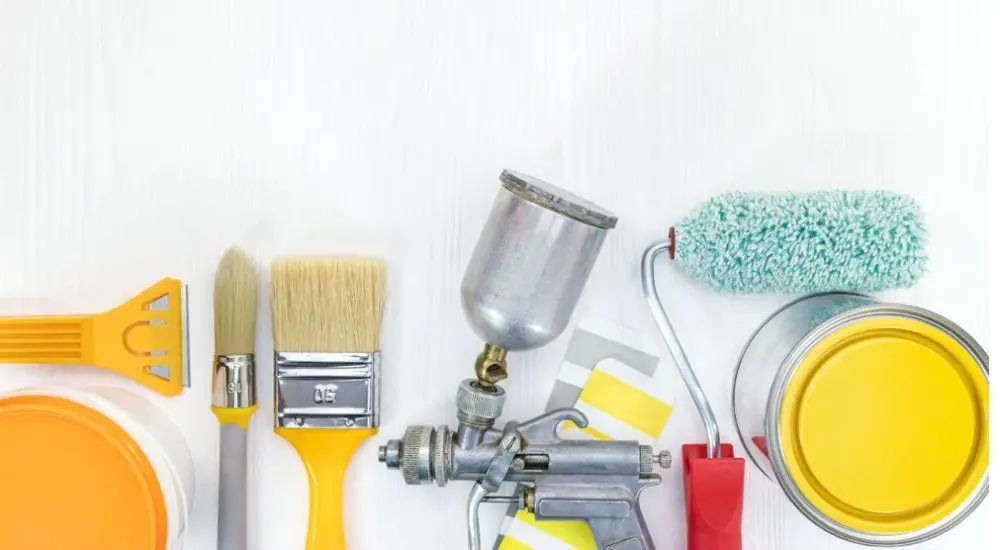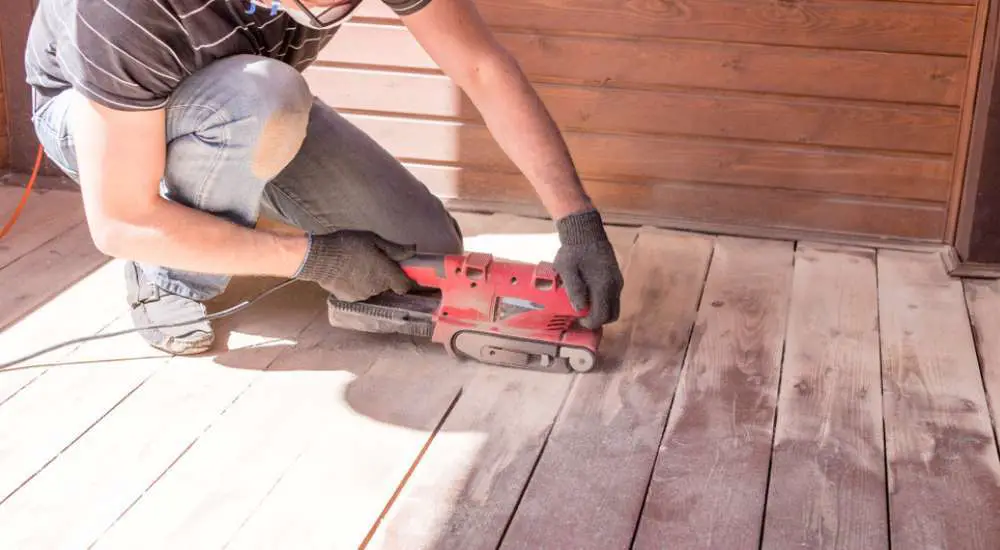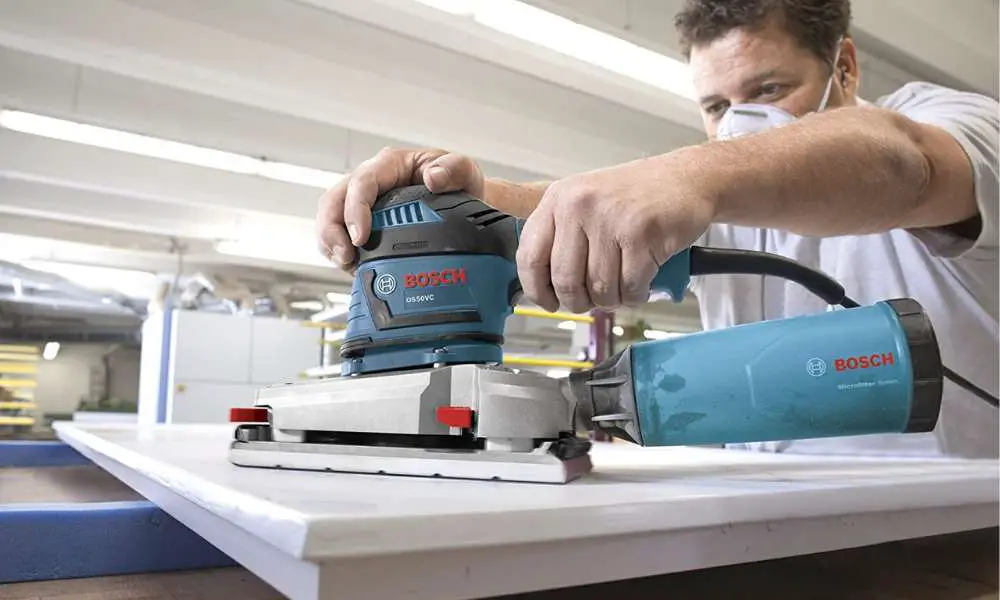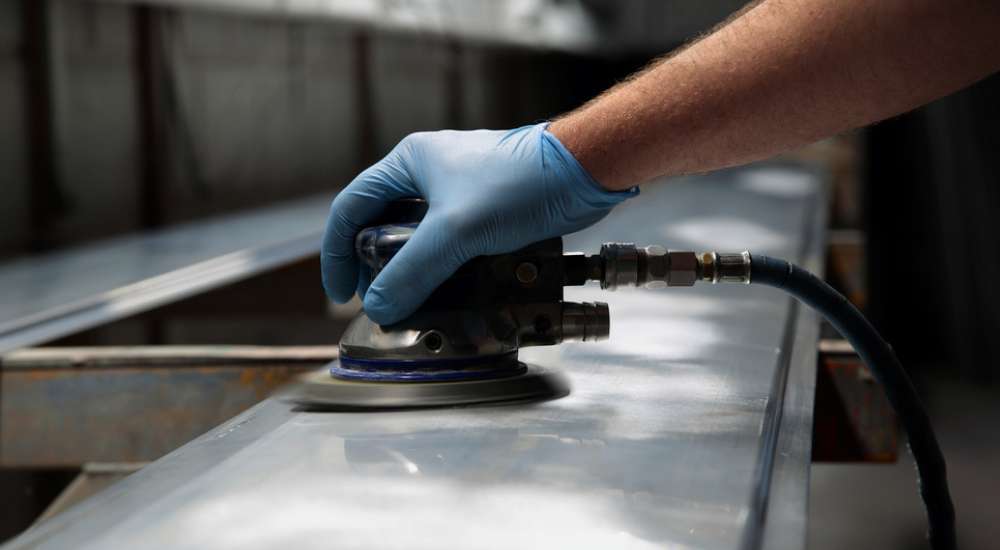The choice between using a paint sprayer or a paintbrush is an essential decision for any painting project. The right tool can make a significant difference in the quality of your finish, the time it takes to complete the project and the ease of application. Depending on factors such as the size and scope of the project, surface type and texture, and your experience and skill level, one tool may be more suitable than the other. Understanding the advantages and disadvantages of paint sprayers vs paint brushes will help you make an informed decision for the best results on your next paint job.
Paint sprayers and paint brushes serve the same purpose but offer different approaches to applying paint or stain. Paint sprayers use pressurized air or a motor-driven pump to atomize and spray the paint onto surfaces, providing quick and even coverage. Paint brushes, on the other hand, rely on manual application, allowing for greater precision and control but potentially requiring more time and effort. Each tool has its own set of pros and cons, which should be carefully considered based on the specific requirements of your painting project.
Contents
- 1 Paint Sprayers
- 2 Paint Brushes
- 3 Factors to Consider When Choosing Paint Sprayers vs Paint Brushes
- 4 Tips for Achieving the Best Results with Paint Sprayers and Brushes
- 5 FAQ’s
- 5.1 What is the main difference between paint sprayers and paint brushes?
- 5.2 Are paint sprayers better than brushes for all projects?
- 5.3 Can I use both a paint sprayer and a brush for a single project?
- 5.4 Which is more cost-effective: a paint sprayer or a paintbrush?
- 5.5 Is it harder to achieve a smooth finish with a paintbrush compared to a paint sprayer?
- 6 Conclusion
Paint Sprayers

Types of Paint Sprayers
There are three main types of paint sprayers available for DIYers and professionals: airless paint sprayers, HVLP (High Volume Low Pressure) sprayers, and compressed air sprayers.
Airless sprayers use an electric or gas-powered pump to force paint through a small nozzle at high pressure, creating a fine mist that quickly covers large surfaces.
HVLP sprayers use a turbine system to supply a high volume of air at low pressure, resulting in a softer spray that provides greater control and minimizes overspray.
Compressed air sprayers use an air compressor to atomize the paint, creating a smooth, even finish. Each type of sprayer has its own advantages and disadvantages, so it’s essential to choose the right one for your specific project and needs.
Advantages of Paint Sprayers
Paint sprayers offer several benefits, including speed, efficiency, and even coverage. They can cover large surfaces quickly, making them ideal for spray painting walls, ceilings, or an exterior paint job. Spray painting provides a more uniform coat of paint, resulting in a professional-looking finish with minimal effort. Additionally, spray painters are versatile and can be used to spray paint various materials, including paint, primer, stain, and lacquer, to a wide range of surfaces.
Disadvantages of Paint Sprayers
While paint sprayers offer numerous advantages, there are some drawbacks to consider. First, they can be more expensive to purchase and maintain than brushes, especially for occasional use. Second, spray painting can produce overspray, which requires additional masking and protection of surrounding areas. Lastly, there is a learning curve involved in using a spray gun effectively, and mastering the technique may take time and practice.
Paint Brushes
Types of Paint Brushes
Paint brushes come in various types, including synthetic bristle brushes, natural bristle brushes, and specialty brushes.
Synthetic bristle brushes – typically made from nylon or polyester, are suitable for water-based paints and offer excellent durability.
Natural bristle brushes – made from animal hair, are ideal for oil-based paints and provide a smooth finish.
Specialty brushes – such as angled or detail brushes, are designed for specific tasks and can help achieve precision and control in tight spaces or intricate designs.
Advantages of Paint Brushes
Paint brushes offer several benefits, including affordability, precision, and control. They are generally less expensive than sprayers and are widely accessible, making them an excellent option for budget-conscious DIYers. Brush painting also allows for greater control and precision when painting, making them ideal for detailed work, cutting in, or painting small or intricate surfaces.
Disadvantages of Paint Brushes
There are some drawbacks to using brush painting, including slower application, inconsistent coverage, and the potential for brush marks and streaks. Brush painting can be time-consuming, especially for large surfaces, and may require multiple coats for even coverage. Additionally, achieving a smooth finish with a brush may be challenging, as brush marks and streaks can be more visible than with a paint sprayer.
Factors to Consider When Choosing Paint Sprayers vs Paint Brushes
When deciding between a paint sprayer and a brush, consider the size and scope of your project. For large-scale projects, such as house painting or a sizable fence, a paint sprayer can significantly speed up the process and provide a more even coat when you apply paint. On the other hand, a paintbrush may be more suitable for smaller projects or areas that require precise detail work, like painting trim or intricate designs.
The type and texture of the surface you’re painting can also influence your choice of tools. Paint sprayers are particularly effective on large, smooth surfaces or uneven surfaces with many nooks and crannies, like brick or stucco. Brushes, however, can be ideal for detailed or textured surfaces that require more control and precision.
The type of paint or stain you’re using can also play a role in determining the best painting tool. Some thicker paints or specialty finishes may not work well with a paint sprayer and could require the use of a brush for proper application. Always consult the manufacturer’s recommendations for the specific paint or stain product you’re using.
Consider your budget when choosing between a paint sprayer and a paintbrush. While paint sprayers can save time and provide a more consistent finish, they can be more expensive to purchase and maintain compared to brushes. Brushes are generally more affordable and accessible, making them a cost-effective choice for many DIYers and homeowners.
Your experience and skill level with different painting tools should also factor into your decision. You may require more practice to master spray painting and achieve the desired finish, while brushes can be more forgiving for beginners. If you’re new to painting or feel more comfortable using a brush, it might be the better choice for your project.
Tips for Achieving the Best Results with Paint Sprayers and Brushes
Proper Surface Preparation – Regardless of the painting tool you choose, proper surface preparation is essential for achieving professional-looking results. This includes cleaning the surface, removing any old paint or rust, and sanding or priming as needed.
Choosing the Right Paint or Stain – Selecting the appropriate paint or stain for your project is crucial for both sprayers and brushes. Ensure that the product is compatible with your chosen tool and follow the manufacturer’s guidelines for application and drying times.
Using Appropriate Techniques for Each Tool – To achieve the best results, use the correct technique for each painting tool. For paint sprayers, maintain a consistent distance and angle while applying thin, even coats. For brushes, use long, smooth strokes and avoid overloading the brush with paint to minimize brush marks and streaks.
Ensuring Adequate Ventilation and Safety Measures – Whether using a paint sprayer or a brush, always ensure proper ventilation and safety precautions, such as wearing a mask and protective clothing. This will not only protect your health but also help to achieve a better finish by minimizing dust and debris in the work area.
FAQ’s
What is the main difference between paint sprayers and paint brushes?
Answer: The main difference between paint sprayers and paint brushes is the method of application. Paint sprayers use pressurized air or a motor-driven pump to atomize and spray the paint onto surfaces, providing quick and even coverage. Paint brushes rely on manual application, allowing for greater precision and control but potentially requiring more time and effort.
Are paint sprayers better than brushes for all projects?
Answer: Paint sprayers are not necessarily better than brushes for all projects. While they offer advantages in speed, efficiency, and even coverage, they may not be suitable for small or intricate projects that require precision and control. The choice between a paint sprayer and a brush depends on the project size, surface type, budget, and personal preferences.
Can I use both a paint sprayer and a brush for a single project?
Answer: Yes, you can use both a paint sprayer and a brush for a single project. In fact, many professionals use a combination of the two tools to achieve the best results. A paint sprayer can be used for large surfaces or difficult-to-reach areas, while a brush can be used for precision work, cutting in, and touch-ups.
Which is more cost-effective: a paint sprayer or a paintbrush?
Answer: Paint brushes are generally more cost-effective than paint sprayers, especially for occasional use or smaller projects. Brushes are cheaper to purchase and require less maintenance than sprayers. However, for large-scale projects or frequent use, a paint sprayer’s efficiency and time-saving benefits might outweigh its initial cost and maintenance requirements.
Is it harder to achieve a smooth finish with a paintbrush compared to a paint sprayer?
Answer: Achieving a smooth finish can be more challenging with a paintbrush compared to a paint sprayer due to the potential for brush marks and streaks. However, with proper technique, surface preparation, and the right type of brush, it is still possible to achieve a smooth, professional-looking finish using a paintbrush.
Conclusion
Both paint sprayers and brushes offer unique advantages and disadvantages, and the best choice depends on your specific project needs and personal preferences. Paint sprayers excel in speed, efficiency, and even coverage, making them ideal for large-scale projects or surfaces with complex textures. Conversely, paint brushes are more affordable, widely accessible, and provide greater precision and control, making them suitable for detailed work or smaller projects.
Ultimately, the decision between a paint sprayer and a brush comes down to the size and scope of your project, the surface type and texture, your budget, and your experience and skill level. By carefully considering these factors and weighing the pros and cons of each tool, you can make an informed decision that will help you achieve a professional-looking finish on your painting project. Remember that practice and proper preparation are also key to achieving the best results, regardless of the tool you choose.




Leave a Reply